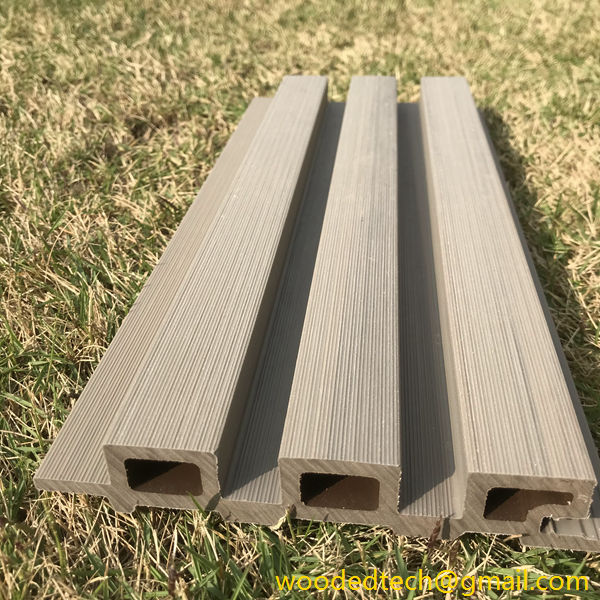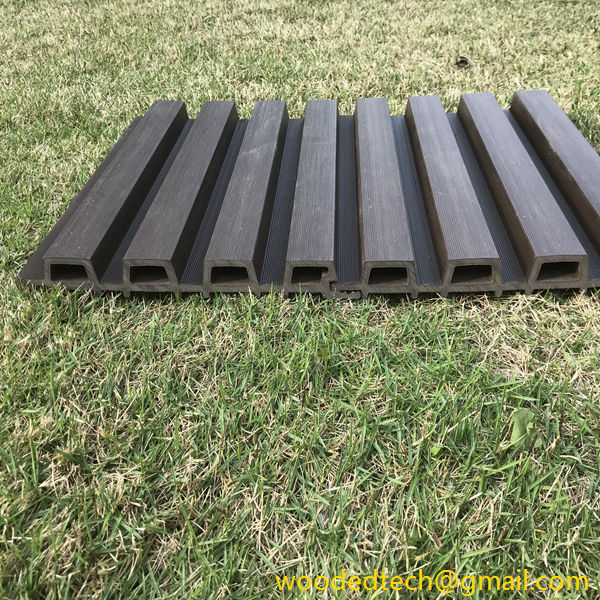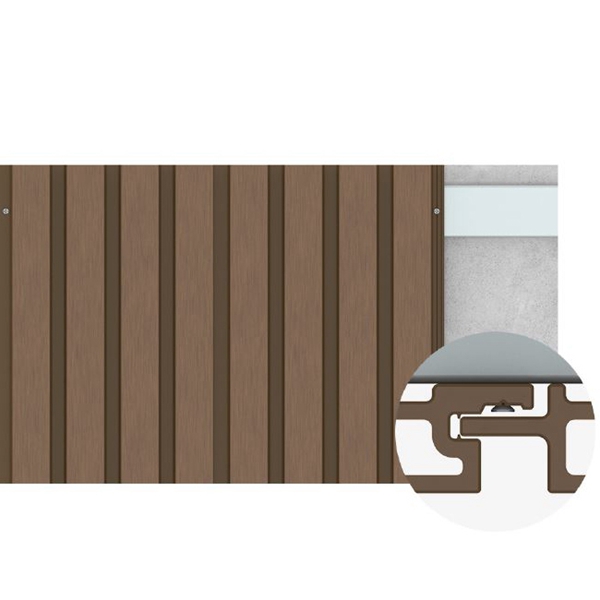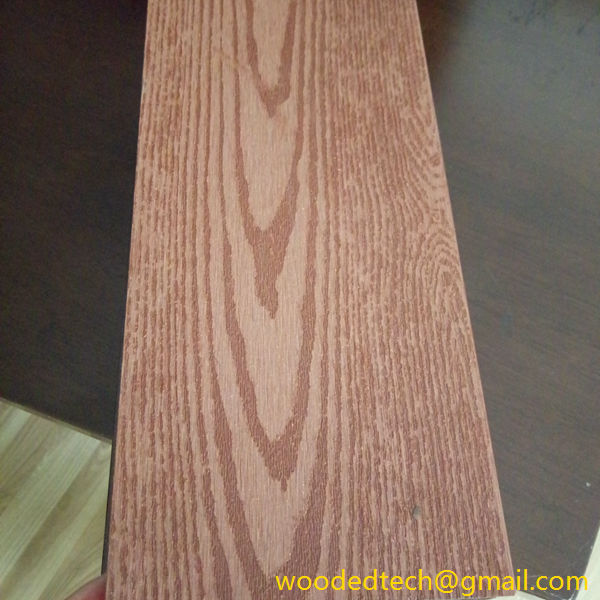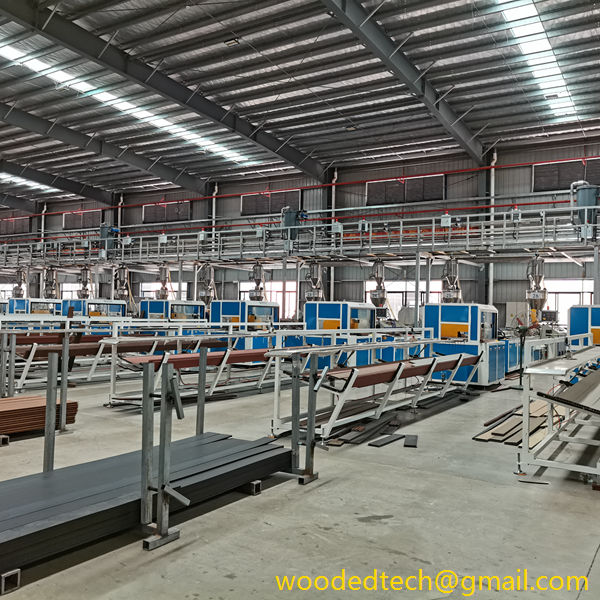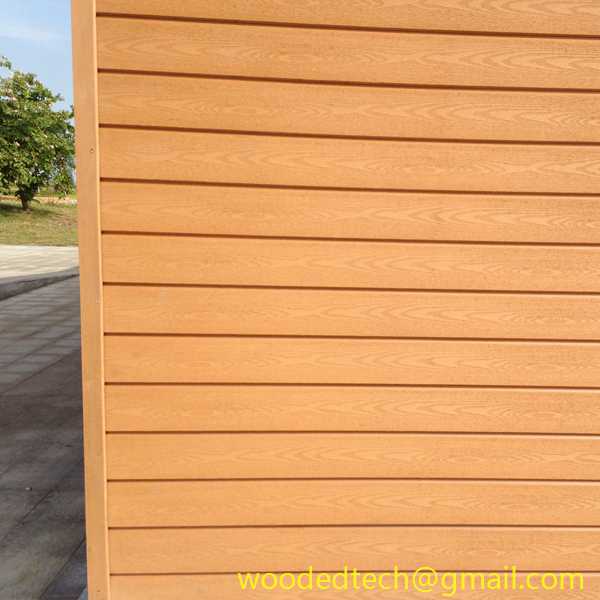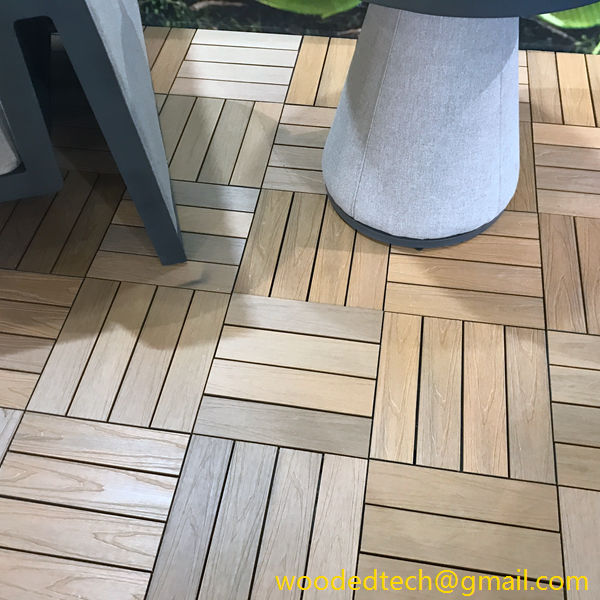Benefits of WPC Fluted Wall Panels from a Material Performance Perspective
Wood Plastic Composite (WPC) fluted wall panels are gaining popularity in both residential and commercial spaces, thanks to their unique combination of durability, aesthetic appeal, and environmental sustainability. Understanding the material performance of WPC fluted wall panels can provide insights into their advantages, making them a compelling choice for various applications.
One of the most significant benefits of WPC fluted wall panels is their enhanced durability compared to traditional wood. WPC is engineered to withstand a range of environmental stresses, including moisture, UV radiation, and temperature fluctuations. This resilience makes WPC panels ideal for both indoor and outdoor applications. Unlike natural wood, which can warp, crack, or rot due to exposure to moisture and pests, WPC panels maintain their structural integrity over time. This durability is particularly beneficial for commercial spaces where high foot traffic and exposure to the elements can take a toll on traditional materials.
2. Low Maintenance Requirements
WPC fluted wall panels require significantly less maintenance than their wooden counterparts. While wood often necessitates regular painting, staining, or sealing to protect against the elements and maintain its appearance, WPC panels can be easily cleaned with soap and water. This low maintenance requirement not only saves time and effort but also reduces long-term costs associated with upkeep and repairs. As a result, property owners and managers can enjoy a beautiful aesthetic without the burden of constant maintenance.
3. Aesthetic Versatility

From a design perspective, WPC fluted wall panels offer remarkable versatility. They come in a variety of colors, textures, and finishes, allowing architects and designers to create visually appealing spaces that suit diverse styles and preferences. The fluted design adds depth and dimension to wall surfaces, creating an elegant and modern look that can enhance any environment. Moreover, the ability to mimic the appearance of natural wood while offering superior performance makes WPC an attractive option for those seeking a sophisticated aesthetic without compromising on durability.
4. Environmental Sustainability
WPC is often produced using recycled materials, including reclaimed wood fibers and plastic. This characteristic contributes to its reputation as an environmentally friendly option. By choosing WPC fluted wall panels, consumers can reduce their carbon footprint and make a positive impact on the environment. Additionally, the longevity of WPC materials means that fewer resources are needed for replacement over time, further minimizing environmental impact. In a world increasingly focused on sustainability, WPC wall panels provide a responsible choice for eco-conscious consumers.
5. Resistance to Pests and Mold
One of the critical performance advantages of WPC fluted wall panels is their resistance to pests such as termites and wood-boring insects. This resistance not only extends the lifespan of the material but also reduces the need for chemical treatments often employed to protect traditional wood products. Furthermore, WPC panels are less susceptible to mold and mildew growth, which can be a common concern in humid environments. This characteristic ensures that spaces remain healthy and safe, particularly in areas prone to moisture.
6. Sound Insulation Properties

Another material performance benefit of WPC fluted wall panels is their sound insulation properties. The composite nature of WPC allows it to dampen sound transmission, making it an excellent choice for spaces where acoustics are a concern, such as offices, conference rooms, or residential areas near busy streets. By incorporating WPC panels into the design, architects can contribute to a more peaceful and productive environment, enhancing the overall experience for occupants.
7. Ease of Installation
Finally, WPC fluted wall panels are designed for easy installation, which can significantly reduce labor costs and time. Many WPC products come with interlocking systems or lightweight configurations that make them user-friendly for installers. This ease of installation not only benefits contractors but also empowers DIY enthusiasts to take on projects with confidence. The straightforward nature of installation can lead to faster project completion, allowing spaces to be utilized more quickly.
Conclusion
In summary, WPC fluted wall panels offer a myriad of benefits from a material performance perspective. Their enhanced durability, low maintenance requirements, aesthetic versatility, environmental sustainability, resistance to pests and mold, sound insulation properties, and ease of installation make them a superior choice for a wide range of applications. As consumers and designers continue to seek materials that balance performance, aesthetics, and sustainability, WPC fluted wall panels stand out as an excellent option that meets these diverse needs.

